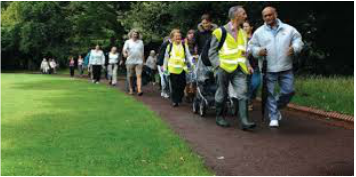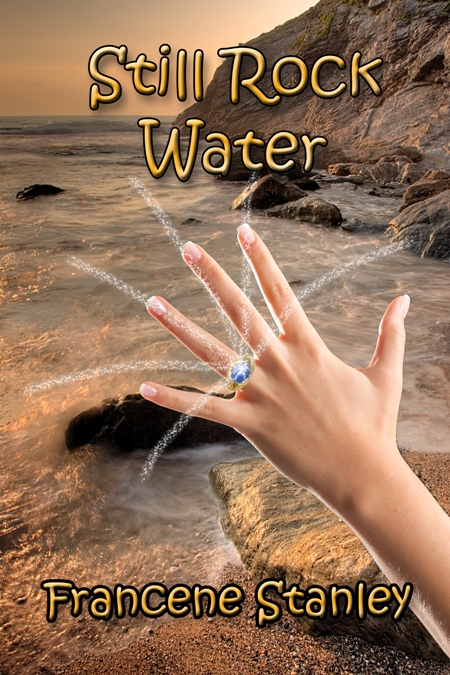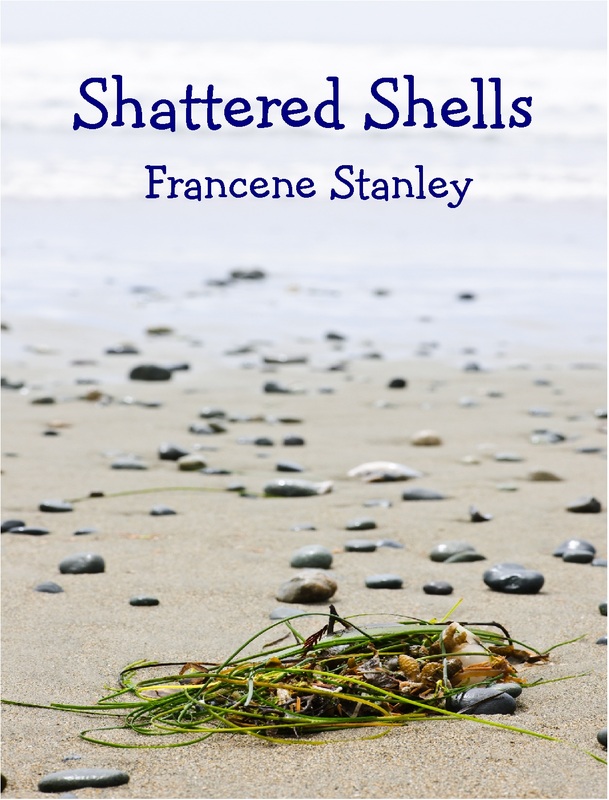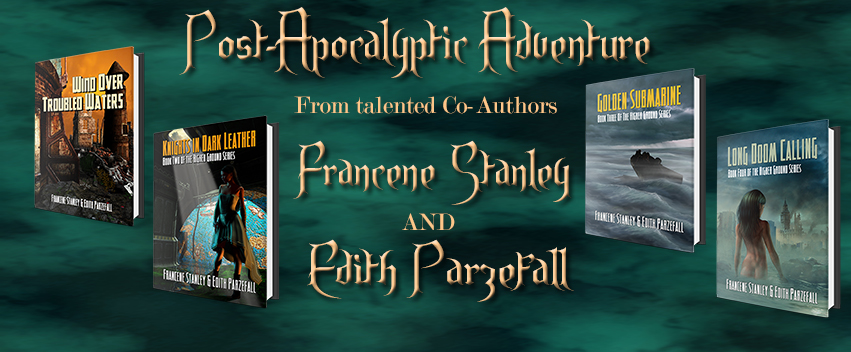 communication - pixabay.com
communication - pixabay.com But, technology has overtaken my brainwave.
Are you a 'millenial' who wants information at a flick of the wrist? Well, someone actually made a wearable "tablet." The new device, dubbed Rufus Cuff, features a 3.2-inch screen. Rufus Labs, the company behind it, has promised to be more than a smartwatch.
The product is aimed at ending the era of the watch and ushers in the wrist communicator. It features a TI Cortex A9 processor, front-facing camera for pictures/video, GPS, WiFi and a 1,1175mAh battery. (A bit of double-Dutch to me, but you might know about such things.)
You can use an iPhone to take calls with the device. A built-in speaker, dual microphones and Bluetooth support helps with this. The Rufus Cuff is powered by Android Kit Kat.
According to the co-founder and CEO of Rufus Labs, the wearable will appeal to many people. The company envisages everyone ditching their phones eventually. (The device ties in with the basis for the plot in my novel.) "This will replace the need for smartphones, wallets, watches, fitness trackers, everything."
If you want to pre-order one, you can do that now for $249 and up depending on type. Take a look at Rufus Labs.
As for my novel—I can't find it. I've looked through all my files and even pulled out my back-up CDs. It's been so long since I thought of it. I hope I haven't lost all my work on the story. Grrr!
Sometimes, I wish for the old days. The time when we wrote everything on paper.
What do you think of ballooning technology?













 RSS Feed
RSS Feed
